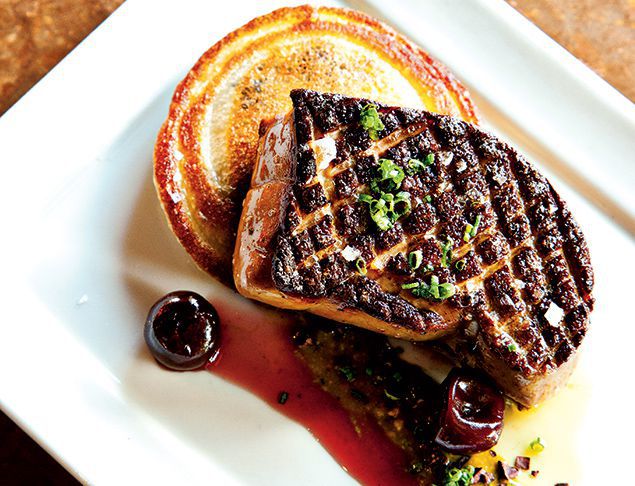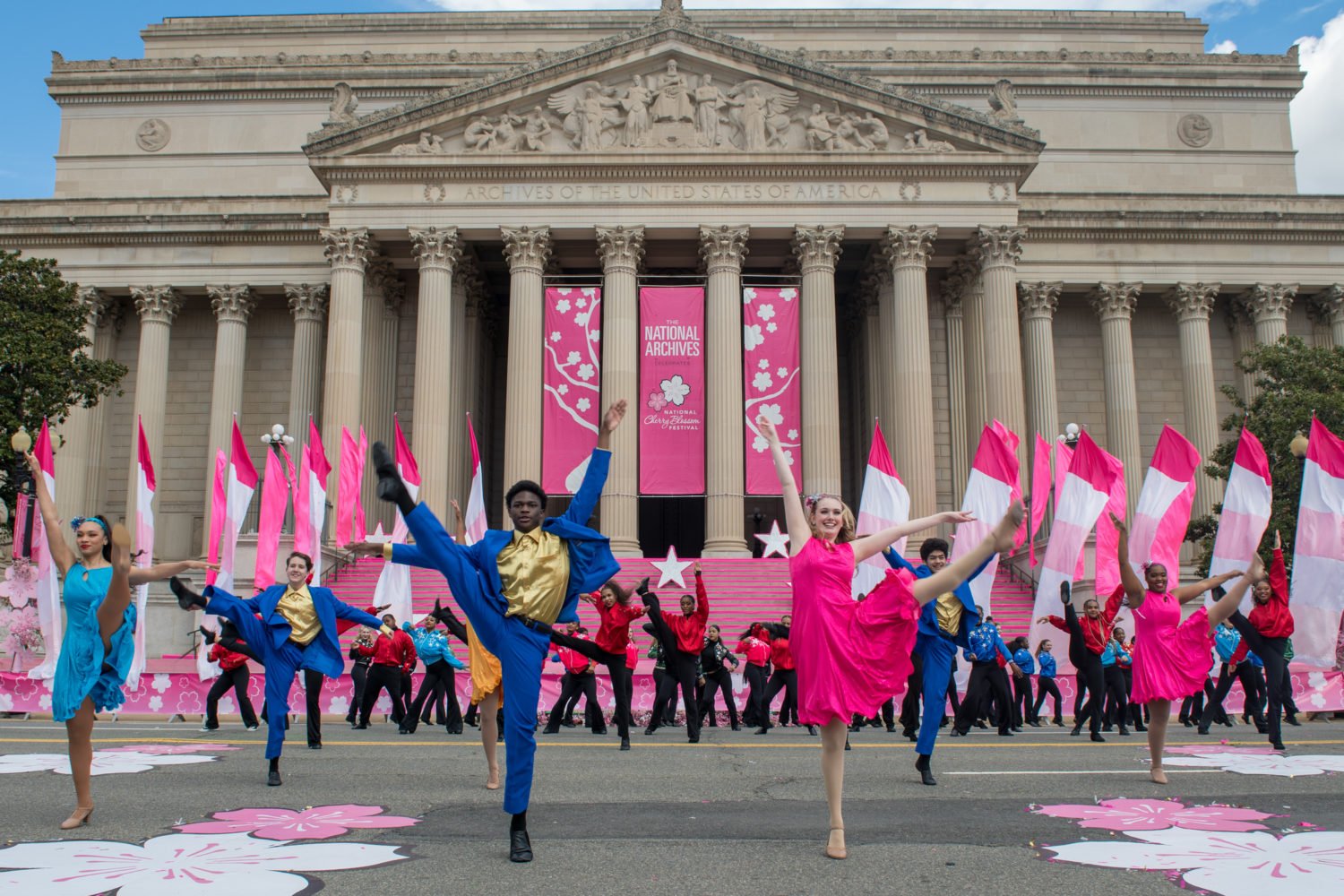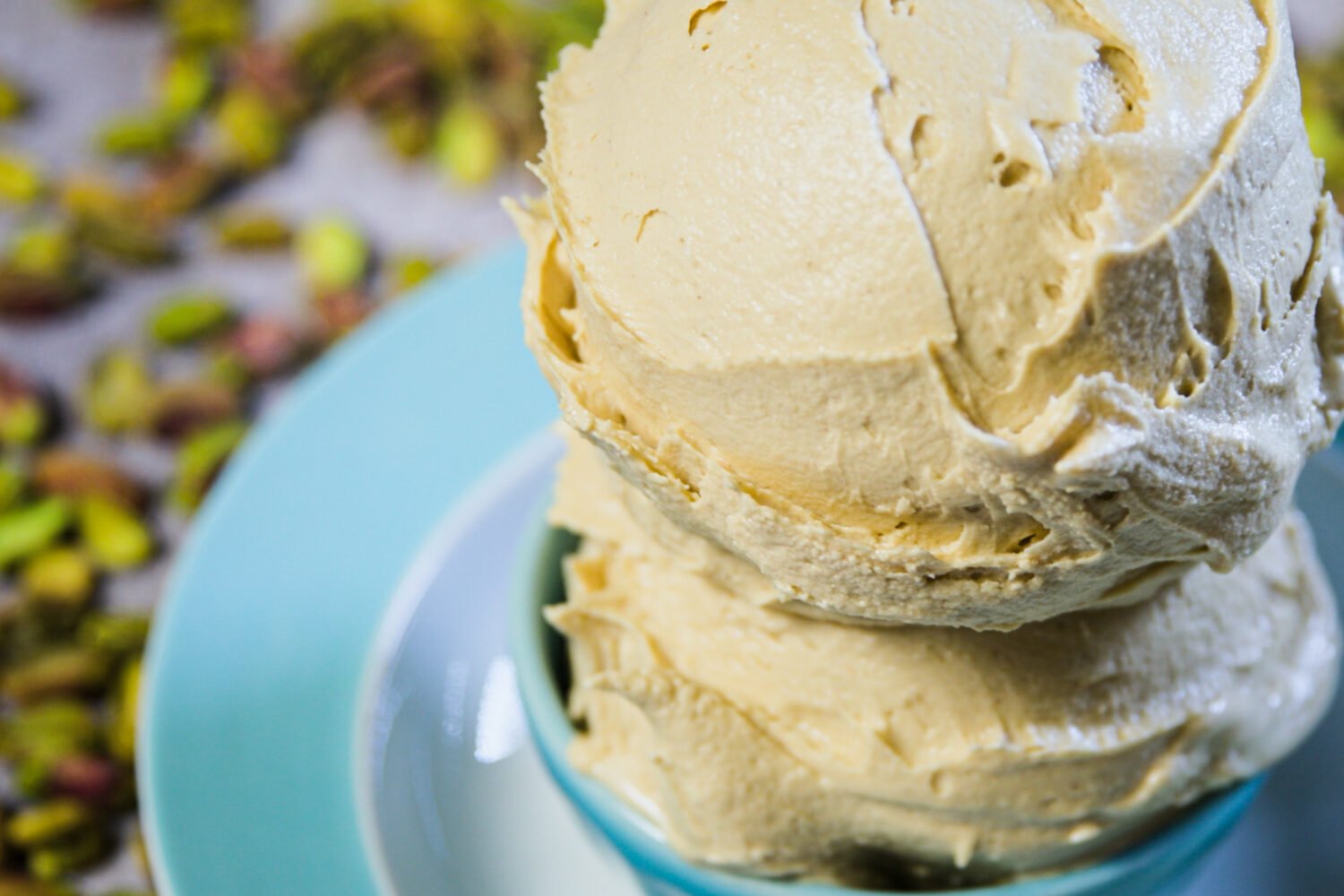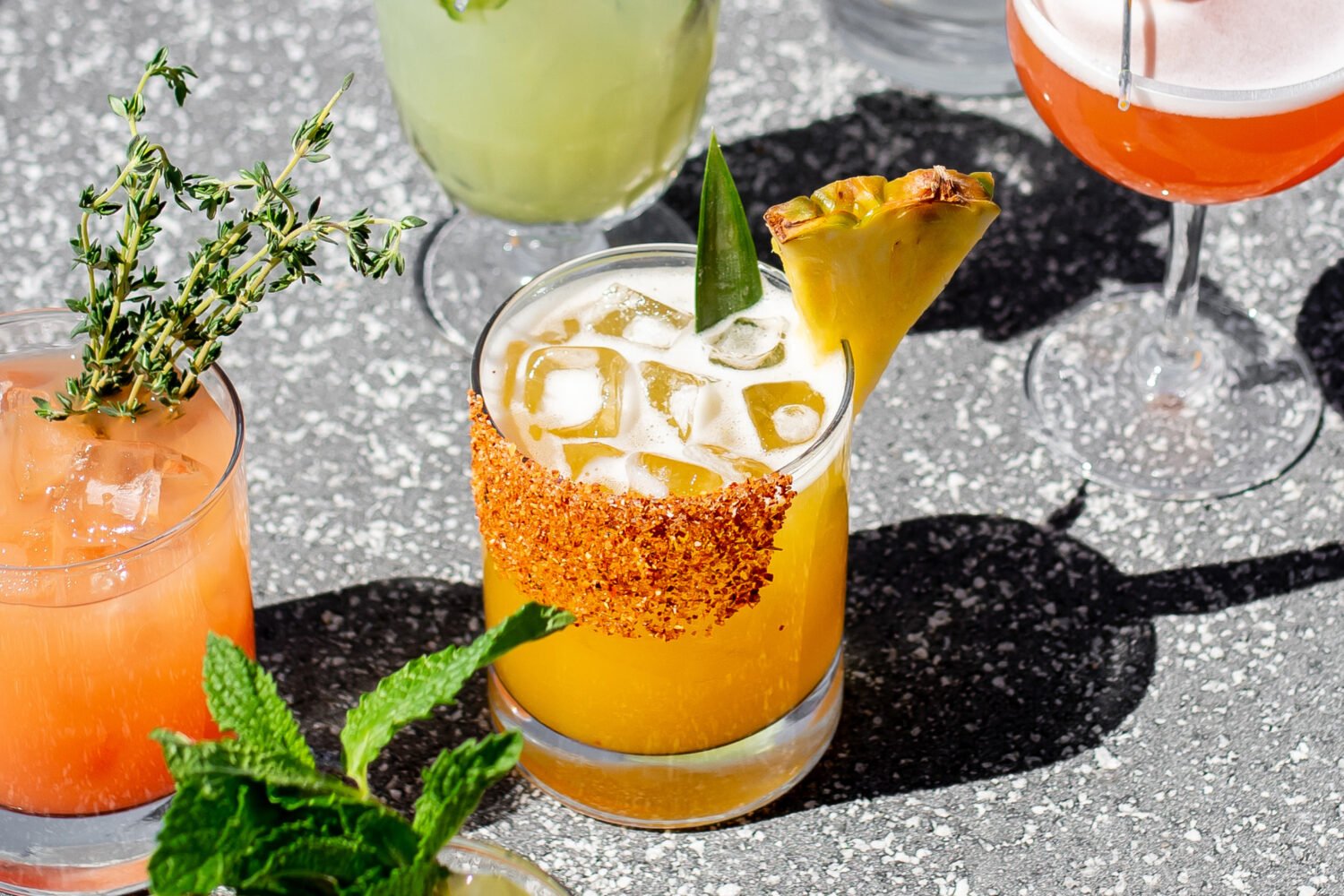“Happy ducks are tasty ducks.”
Or so says Ariane Daguin, founder of D’Artagnan, one of the country’s leading purveyors of foie gras. Not surprisingly, this philosophy is not shared by People for the Ethical Treatment of Animals (PETA). The animal-rights organization advocates ending the delicacy’s production, which involves force-feeding ducks to fatten their livers.
On Tuesday, the tension between these views came to a head at the kickoff of DC Foie Fest at Boundary Road. Now in its third year, the festival—launched by Boundary Road co-owner Brad Walker—invites restaurants to participate in a week-long competition to make the best foie gras dishes. Washingtonians can embark on a self-guided “foie crawl” and vote for their favorite items, and the winning restaurant receives a coveted “Golden Duck” trophy.
Foie Fest was previously a neighborhood happening, with 14 Capitol Hill restaurants competing last year. Now 40 eateries and bars across the city have joined in the foie fight. Nearly all participants already serve foie, though some—like Espita Mezcaleria—don’t offer it on the regular menu.
Daguin—clad in a “duck duck…confit” t-shirt —led the Foie Fest kickoff celebration by demonstrating how to break down a whole duck. She started by slicing white strips of fat from the plucked bird, roughly the size of football. Approximately 40 chefs—mostly festival participants—watched in silent admiration.
“We don’t do factory farming or use cages. It’s just not good,” Daguin said as she stripped away more fat. “As soon as you don’t respect the animal when you raise it, it’s not going to be the same thing on the plate.”
According to Daguin, another common misperception about foie gras is that force-feeding the ducks harms them. Ducks in the wild also overeat without suffering any negative consequences, she argues.
“We are not cruel to force-feed the animal,” Daguin said. “They invented it themselves. They invented foie gras—we didn’t.”
While extracting the heart and internal organs, Daguin gave vegetarians a piece of her mind. “Activists are absolutely within their right to not eat animals. That’s the right of everybody,” she said. “But they cannot tell us not to eat it. This is America. Every time my daughter brought home a friend who was vegetarian as a teenager, I made a point of cooking the French fries in duck fat.”
The comment drew hearty laughter from the crowd. Only one attendee—a hostess at one of the participating restaurants—voiced reservations about the ingredient.
“I’m not a chef, but speaking from the front-of-the-house perspective, we foresee some customers who eat meat coming in and having questions about foie gras,” she said. “What should we say?”
“It’s not hurtful for the ducks,” Daguin said. “Make sure every one of the waiters has plenty of those things to say.”
Conspicuously absent from the crowd were protesters from PETA. Unlike in 2014, no one was posing as a waiter covered in fake blood. And unlike last year, no one was carrying a paper mâché dead duck or a sign reading “stop selling cruel foie gras.”
Still, Alka Chandna of PETA says the group won’t remain silent. A protest is planned for after Foie Fest’s official launch on Wednesday evening, when PETA members will distribute materials outside Boundary Road.
“It’s really about letting people who are entering the restaurant know that we are concerned about the promotion of foie gras, which is of course a product of extreme cruelty,” says Chandna. “What we’re trying to really communicate to diners is that there is nothing to celebrate here. You can dine at a very pretty restaurant with white tablecloths, but if you peer a little closer, what’s being eaten is just the product of misery and despair.”
While PETA is known for extreme protests—i.e. sending a lettuce-clad Courtney Stodden to lobby on the Hill—the organization isn’t alone in its aversion to foie gras. Celebrity chef Wolfgang Puck has spoken out against the delicacy, and California banned restaurants from serving it in 2012. The ban has since been overturned.
Controversy aside, the festival participants are excited to show off their whimsical creations, now through November 2. Foie gras will be seared, moussed, stuffed into sausages and tacos, and paired with pancakes, latkes, and everything in between.
Eric McKamey, a chef at Mintwood Place, says regular customers have already expressed excitement over the competition.
“We jokingly call Mintwood Place ‘Meatwood Place,'” McKamey says. “Everyone is always happy to eat every part of the animal.”
DC Foie Fest. October 26 through November 2.
















